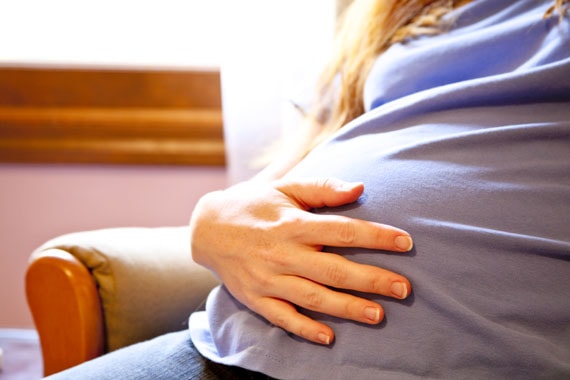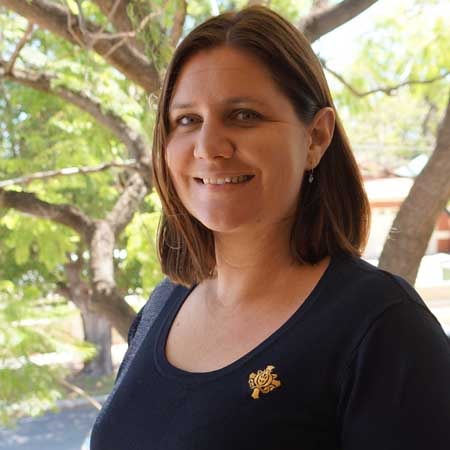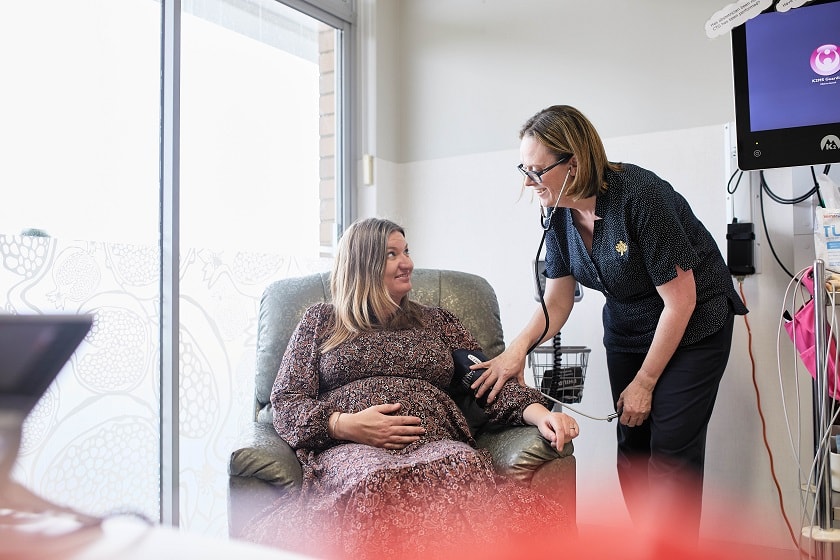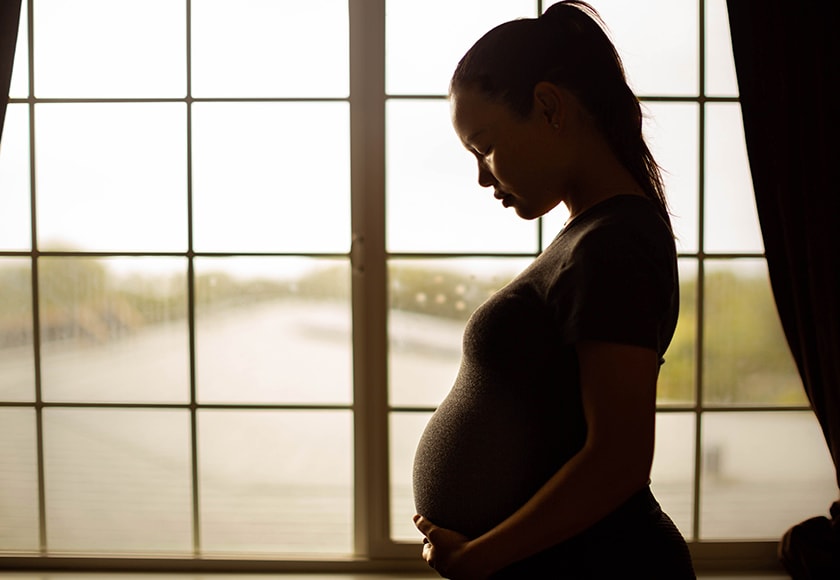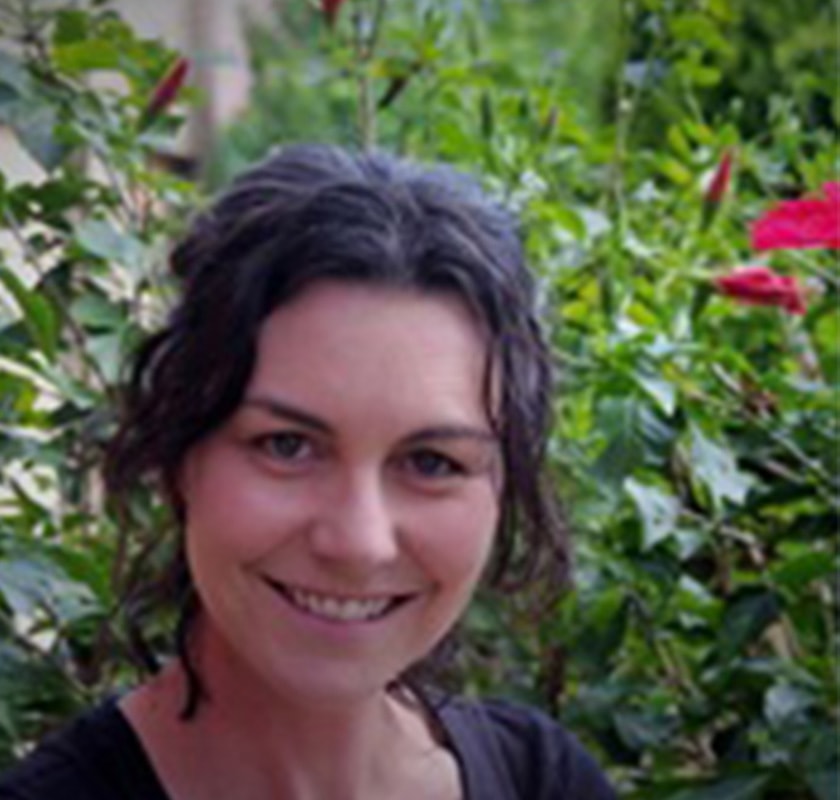You may have many questions, including what this could mean for you and your baby, what your ideal blood sugar levels are and how to change your diet.
Our caregivers are here to support you throughout your pregnancy and provide specialised advice about GDM.
St John of God Mt Lawley Hospital Director of Nursing and Midwifery, Emma Cook answers some of the common questions about GDM.
What is gestational diabetes mellitus?
GDM is a type of diabetes which occurs in pregnancy and goes away after the baby is born.
GDM usually occurs after the 24th week of pregnancy and is due to placental hormones interfering with insulin.
An oral glucose tolerance test (OGTT) is needed to diagnose GDM as most women don’t experience any symptoms.
Managing gestational diabetes
Most risks of GDM can be minimised or avoided with good diabetes and antenatal care once a diagnosis is made.
There are a few things you can do to help manage GDM and keep you and your baby healthy. These include:
- Monitoring your blood glucose levels at home
- Adopting a healthy eating plan
- Being physically active.
Monitoring your blood glucose levels
You will be asked to monitor your blood glucose levels throughout the day. Your blood glucose levels should be:
- Fasting 5.0mmol/L or under
- Two hours post meals 6.7mmol/L.
What can I eat?
Diet is an important aspect of controlling your blood sugar and we recommend eating small meals to help control your blood sugar and maintain a healthy weight.
In particular, focus on wholegrain carbohydrates (seeded bread, wholegrain cereals with bran or oats) in every meal for slow release energy. Use the below as a guide.
| Breakfast | 2-3 serves or 30-45 g carbohydrates |
| Morning tea | 1-2 serves or 15-30 g carbohydrates |
| Lunch | 2-3 serves or 30-45 g carbohydrates |
| Afternoon tea | 1-2 serves or 15-30 g carbohydrates |
| Dinner | 2-3 serves or 30-45 g carbohydrates |
| Supper | 1-2 serves or 15-30 g carbohydrates |
We also recommend:
- two to three serves of calcium (from reduced fat milk and cheese, low-fat plain yoghurt) and iron each day
- two small serves of lean protein each day (include fish, eggs, tofu, nuts, seeds and legumes)
- foods rich in folic acid such as leafy green vegetables and dried beans
- foods high in fibre such as vegetables, fruit (low GI options include apples, pears, citrus and stone fruit), legumes and cereals
- olive, canola and avocado oil for healthy fats.
Limit food and beverages that contain high amounts of added sugar, including soft drinks, lollies, chocolate, bakery goods and orange juice, and high saturated fat such as red meat, full cream dairy products and fats.
For more information about eating for GDM, visit Diabetes Australia.
What does this mean for my baby?
If you experience GDM, there may be additional tests and care your baby needs following birth.
This includes:
- testing you baby’s blood glucose two to four hours after birth to check for signs of low blood sugar levels
- feeding your baby as soon as possible after birth, at least within the first 30 minutes (then feeding at three hourly intervals is recommended). You may wish to express breastmilk while pregnant to have a collection of colostrum stored for when baby is born.
Your midwife will also checking your own blood sugar levels after birth.
Follow up care
At your six week post-natal appointment with your obstetrician you will need to have a diabetes blood test to confirm if your blood glucose levels have returned to normal after pregnancy.
If you have any concerns or questions do not hesitate to speak to your obstetrician or midwife.

